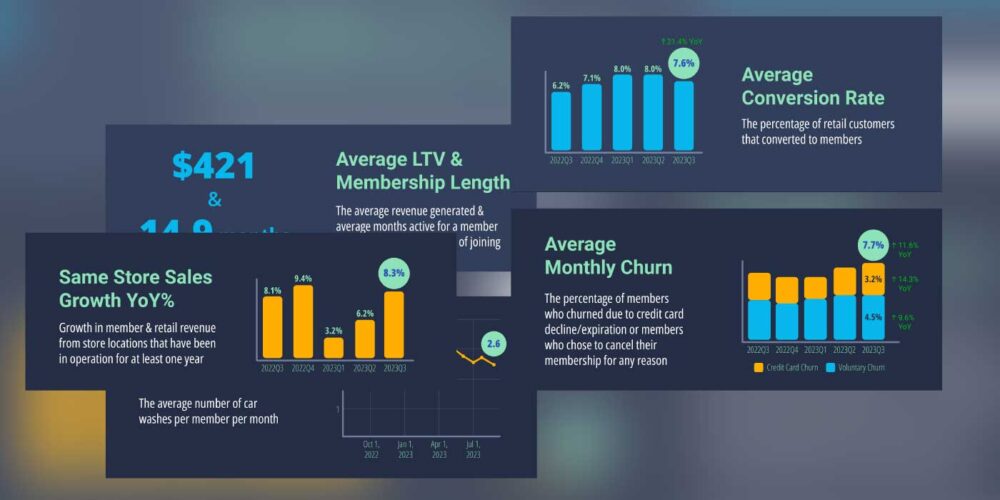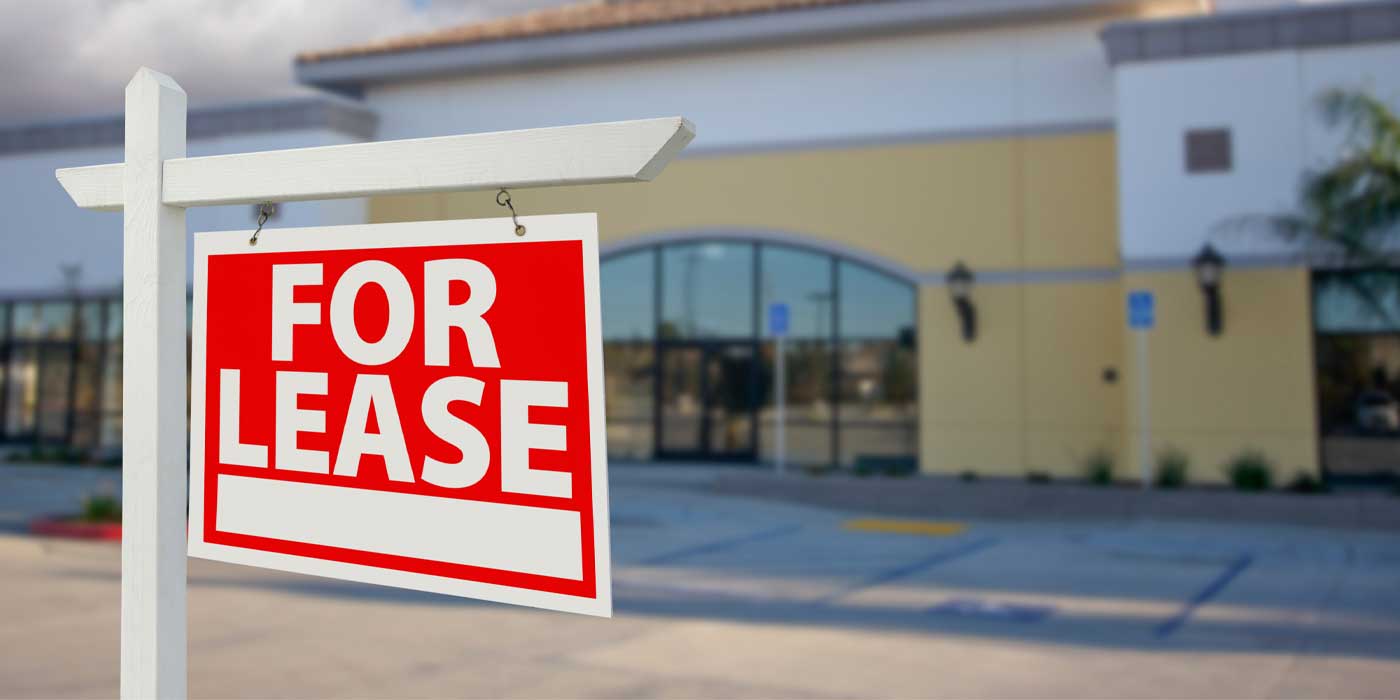Depreciation is described by the IRS in rule 704 as: “The recovery of the cost of the property over several years. You deduct a part of the cost every year until you fully recover its cost.” As an example, a carwash purchases a new dryer fan for $10,000. The new equipment will be depreciated over five years, so $2,000 a year in straight line depreciation. So, is that all you need to know?
From a business operation standpoint, I would say no. I am very frequently being asked about depreciation, and I want to dispel some of the myths regarding it here.
Q: Can I fully depreciate the equipment/building/improvements I bought this tax year? (bonus depreciation)
A: Yes, in many cases you can. However, in many cases you should not.
This question has some nuance that needs to be clearly understood. Here are some more questions you should ask before deciding to fully depreciate large asset purchases.
• What income tax bracket am I in?
• Do I need this deduction to significantly lower my tax rate?
• Do I anticipate selling this business in the near future?
• Do I feel strongly that this year will be more profitable than the last?
Q: Does bonus depreciation have to be used all at once?
A: No.
Most accountants use bonus depreciation all at once. What many fail to see is that you can take bonus depreciation up to a threshold where it makes sense for your tax profile. Do not waste good depreciation on lower taxed dollars.
Q: Will depreciation hurt me in the long run?
A: If you are referring to depreciation recapture, no.
If you sell an asset (or property/business) for more than its depreciated value, there is depreciation recapture. This is a tax of 25% on the accumulated depreciation over the sale price. Accumulated depreciation is the amount of depreciation that has stacked up since the purchase. There are a few reasons why the depreciation recapture will not hurt you.
First, you can avoid it entirely using a 1031 exchange on the sale of property. A 1031 exchange needs to be set in motion before beginning the sale of the assets.
Second, if you do not plan on avoiding the depreciation recapture tax, then you will still be in a better cash position given the time value of money. As an example, the business had large asset purchases five years ago and the business is now ready to be sold. In those five years, your cash flow has improved greatly, which illustrates a profitable business. This will improve your selling price. Moreover, since over the past five years, you have paid less in taxes due to the depreciation, the ownership will still have benefited marginally more than the 25% of recapture tax.
Remember: Depreciation recapture will be paid on the accumulated depreciation, so long as the sale price is greater than the depreciated value.
Q: Depreciation always messes up my books, do I have to claim it?
A: Yes, you have to claim it, but there is a solution to the messed-up books.
With depreciation, the IRS has a rule called “Allowed” or “Allowable.” What this rule means is that if you elect not to claim depreciation on your taxes, when you go to sell the asset, the IRS will treat the asset as if it has been depreciated from the original purchase date.
Regarding the messy books, a simple journal entry will typically clean this up. Debit the depreciation expense and credit the accumulated depreciation contra account.
Q: How much does an asset need to cost before I can depreciate it?
A: Currently, $2,500 is when depreciation comes in. If $2,000 was spent, it can be expensed in the year it was purchased on the taxes.
This has changed a few times in recent history and can depend on the entity structure. Depending on the entity structure the business maintains, you may find some different values on your K-1 (ownership of an S-Corp or partnership).
Q: Is there a limit to 179 bonus depreciation in a year?
A: If the assets are used 100% for business purposes, there is a limit of $1,050,000 for the amount of 179 bonus depreciation.
Furniture, equipment, vehicles with a curb weight of 6,000 pounds or more, and software is typically eligible for section 179 depreciation. For purchases up to $2 million there are allowances that should be discussed with a tax professional. In the professional carwash industry, I have seen entire commercial buildings, including the tunnel equipment, use bonus depreciation. It is fairly robust as of now and no legislation is currently threatening its use.
Q: How do end of year purchases help me in tax planning?
A: If at the time of tax planning, you realize that you have greater profit than anticipated and therefore, more tax liability, with plenty of cash on hand, a business can purchase equipment, fund improvements or even purchase a vehicle.
I seldom recommend an asset purchase as a primary element of tax planning. Start your tax planning by justifying your entity structure. Next, look at what the business plan is in the next two years. If the sale of the business is on the radar, perhaps new assets are not the right way to go. If the business is growing and adding services and revenue, you have my blessing.
Q: How do asset purchases affect my balance sheet? (profit/assets = asset turnover ratio)
A: Equipment purchases are entered as assets on the balance sheet.
Something that some savvy business purchasers look at is how much cash is being earned by the business assets. When a business is earning good revenue by efficiently running its assets, it is more attractive to buyers. This method of valuation is called the asset turnover ratio.
Additionally, purchasers will be anxious to allocate as much of the purchase price as possible to the equipment because it is immediately depreciable to them. On the other hand, the seller will want to push the purchase toward goodwill. Having an ideal asset turnover ratio will help the seller in this negotiation.
Q: Can I depreciate new purchases of used property?
A: Yes, assets that are used, but new to you, can be depreciated. They can also qualify for 179 depreciation if some conditions are met.
Feel free to find secondhand equipment when it makes sense. This is not a tax strategy on its face. It is capital preservation and getting the job done.
Q: Am I thinking about depreciation correctly?
A: Perhaps. I want business owners to think of depreciation as a tool to be used. It can be a portion of tax planning; it is a method of recouping the cost of an
investment over several years.
If I can prevent a business from reflexively purchasing equipment when its tax bracket is below 20%, this article has succeeded. Unneeded business purchases are a waste when trying to mitigate 1% of marginal tax. There are more elements to consider than net profit in thinking about major purchases and tax planning.
Q: Do I have flexibility on what depreciation convention I can use?
A: Yes and no.
You can choose the convention in the initial tax filing and then you may not change it. The IRS has set rules regarding the depreciable life of all classes of assets. If you are wondering about any type of asset, you are welcome to search it on the IRS database.
I hope your questions have been answered here. Although I’ve attempted to answer some of the most common questions I hear, this list has not been exhaustive. Take any of these questions to your tax professional and see if you two are in alignment. These elements of depreciation will be most helpful when considering your business’ future trajectory, your net profit and how it relates to the business specific tax situation. There are pros and cons to each position, and none of these ideas should be accepted out of hand. If you have questions you are unable to answer, reach out to a qualified service with experience in your field.
Red Rock Tax and Consulting Group is a solution-oriented firm. We suggest new methods on tax filings, deductions, credits, entity structure, changes in accounting practices, compensation models and even how frequently you talk to your advisor. We establish regular communication intervals, allow unlimited access to your advisor via emails and scheduled calls. Your goals are paramount to our interactions. We have more than 20 years in advising the automotive service industry. Reach out and together we’ll explore your path forward. For more information, call 435-635-2494 or visit www.redrocktax.com.














